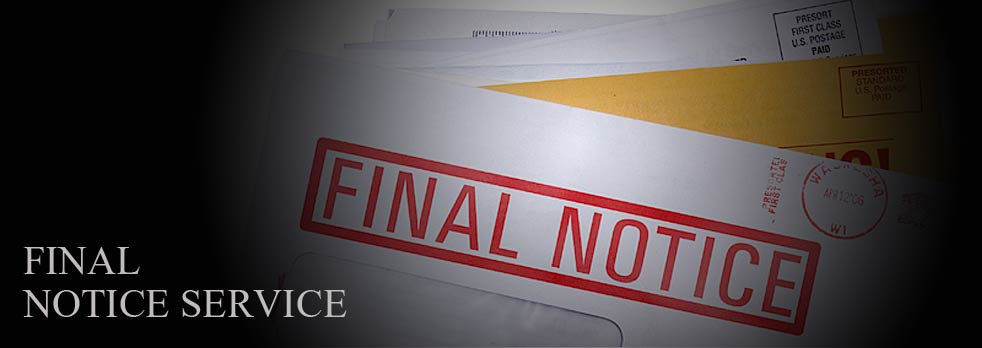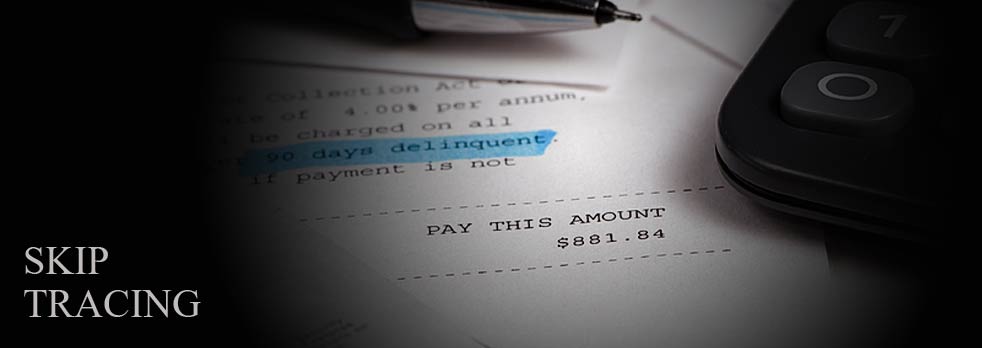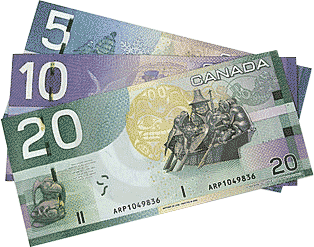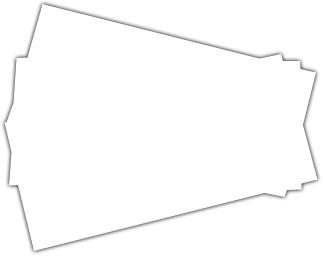



Maritime Accounts Receivable Services


PhoneToll Free: 1-888-234-7175
Email: eric@maritimeaccounts.com




Methods of Payment: Cash, Cheque, Email Transfers, Online Banking with all Major Banks.
Phone toll free: 1-888-234-7175 Fax: 1-888-239-7175 Email: info@maritimeaccounts.com
Home | Collection Services | Collection Process | Code of Ethics | Contact Us | Collection Law | About MARS
(C) Copyright Maritime Accounts Receivable, 2001-2012 Website designed and hosted by WDTD


DEBT COLLECTION QUESTIONS & ANSWERS
Credit Reporting Acts Protect Several Rights of Consumers:
- The Act applies only to consumer transactions.
- Reports may be given to a person seeking information only for the purpose of: extending credit or collecting a debt; a tenancy inquiry employment or insurance verification under authority granted by a government statute otherwise, as a direct business requirement.
- Before a person may obtain a report, she or he must: have the consumer's consent in writing, or notify the consumer by mailing a notice postmarked at least three days before obtaining the report.
- If a consumer is denied credit or has an increased cost as a result of information obtained in a credit report, the person must be notified promptly by the person denying credit.
- The consumer has a right to place a 100 word statement (50 recommended) on the credit bureau file, to be given to anyone who obtains a future report.
- A consumer has a right to see the file and has a right to receive a copy of any report.
Credit bureaus obtain their information from three major sources:
- Consumers supply information, primarily from filling out application forms for credit.
- Public records provide information on such matters as bankruptcies, Court judgements, foreclosures and agreements registered with Provincial authorities.
- The major credit grantors and collection agencies send their credit files electronically to the credit bureau every month, resulting in files that include the account number, outstanding balance, and a nine point scale indicating whether a payment was made on time or late.
The nine point scale is as follows:
0. Too new to rate; approved but not used.
- Pays (or paid) within 30 days of billing; pays account as agreed.
- Pays (or paid) in more than 30 days, but not more than 60 days, or one payment past due.
- Pays (or paid) in more than 60 days, but not more than 90 days, or two payments past due.
- Pays (or paid) in more than 90 days, but not more than 120 days, or three or more payments past due.
- Account is at least 120 days overdue, but is not yet rated 9.
- (Code 6 does not exist.)
- Making regular payments under a consolidation order or similar arrangement.
- Repossession (indicate if it is a voluntary return of merchandise by the consumer).
- Bad debt; placed for collection; skip.
Information provided from the Canadian Law Website.



Maritime Accounts Receivables Service: A full service debt collection agency covering the Nova Scotia, New Brunswick, Prince Edward Island and Newfoundland area since 2001
